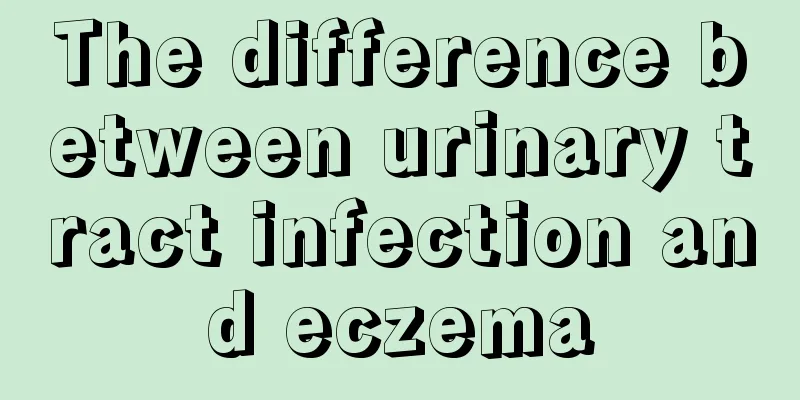How many years can a dental inlay be used

|
Dental inlays are used to repair tooth defects. For some people, doctors will recommend filling and making dental inlays after they have cavities or broken teeth. Generally, the inlay will feel similar to the original tooth and can reduce the trouble and pain of frequent fillings. Generally, inlays can be used for more than ten years, but the possibility of recurrence of disease in the teeth cannot be ruled out if they are not protected, so you must pay attention to the health of your teeth. This article introduces the content of inlays, let’s take a look. 1. How many years can dental inlays be used? "Inlay" is a restoration tailor-made for teeth. It is bonded to the defective tooth with adhesive. Because the inlay matches the tooth well in shape, hardness and other aspects, 90% of inlays can be used for more than ten years. This not only solves the problem of the missing part of the tooth becoming larger, but also reduces the pain of frequent tooth fillings for patients. 2. Definition of Inlay An inlay is a restoration that is embedded into a tooth cavity to restore the shape and function of a damaged tooth. It is to first prepare the affected tooth into a cavity of a certain shape, and then make a restoration of different materials according to the shape of the cavity. The materials used to make inlays vary according to each person's eating habits and individual dental conditions. The hardest gold inlays and the most beautiful porcelain inlays are the two most commonly used. Disadvantages of inlay fillings The difference between inlay and ordinary filling is that filling treatment generally uses silver-mercury alloy, light-cured composite resin, etc., does not require the cooperation of technicians, and can be completed independently by the doctor, which takes a short time and has low cost. In addition to the different materials, making inlays also requires the cooperation of skilled workers and the price is also higher. Advantages of inlay fillings 1. Excellent biocompatibility and aesthetic effects. This is the characteristic of all-ceramics. There is no so-called metal allergy. The aesthetic properties of all-ceramic are well known and the aesthetic effect is very significant. 2. Good corrosion resistance and wear resistance. Ceramics can remain in the world for thousands of years without corroding, so there is no corrosion problem when using ceramic materials as inlays. 3. High edge adhesion. This depends on the dentist's operating skills and the production level of the dental technician. In terms of precision, the Chinese still need to learn from the Japanese and Germans. 4. The adjacent surfaces can be highly polished to form a good adjacent relationship. The smooth polished surface can reduce the adhesion of plaque and is easy to clean. 5. Proximal defects can be restored with porcelain inlays, which can achieve the same effect as a porcelain crown with a minimum of grinding. 6. The occlusal surface morphology is highly coordinated with the opposing teeth. Because the porcelain inlay is made on the model, it can highly simulate the occlusal relationship and form the best restoration surface. |
<<: Bad teeth indicate something is wrong with your body
>>: The dangers of being alone for a long time
Recommend
Itchy corner of right eye
The itching in the corner of the right eye is mos...
What's wrong with abnormal platelet function test
There are many diseases in life that can cause su...
Can men also get breast cancer? What causes male breast cancer?
Can men get breast cancer too? What causes breast...
Is there a fetal heartbeat on the 43rd day of pregnancy?
The so-called fetal heart rate is the heartbeat o...
Can early stage cholangiocarcinoma be cured? It is possible
Cholangiocarcinoma can actually be cured in the e...
My nose gets stuffy when I turn on the fan
It's hot in the summer and people need to tur...
Three effective Chinese medicine prescriptions for colon cancer
Colon cancer is a common and highly prevalent mal...
Will honey crystallize in the summer?
The crystallization of honey causes a lot of trou...
Is testicular cancer dangerous?
Is testicular cancer harmful? The number of patie...
The localization diagnosis of liver cancer has taken a step forward
Since the 1970s, many advances in liver cancer re...
3 Traditional Chinese Medicine Prescriptions for Dietary Therapy of Intestinal Cancer
Diet therapy can not only relieve the patient'...
Can you bake oysters in a microwave?
Oysters are a kind of seafood, but compared with ...
9 scary things your doctor won't tell you
In modern civilization, we tend to trust doctors ...
How to wash shoelaces
We all know that shoelaces are a very important p...
Running heart rate 180
When running, everyone will obviously feel that t...









